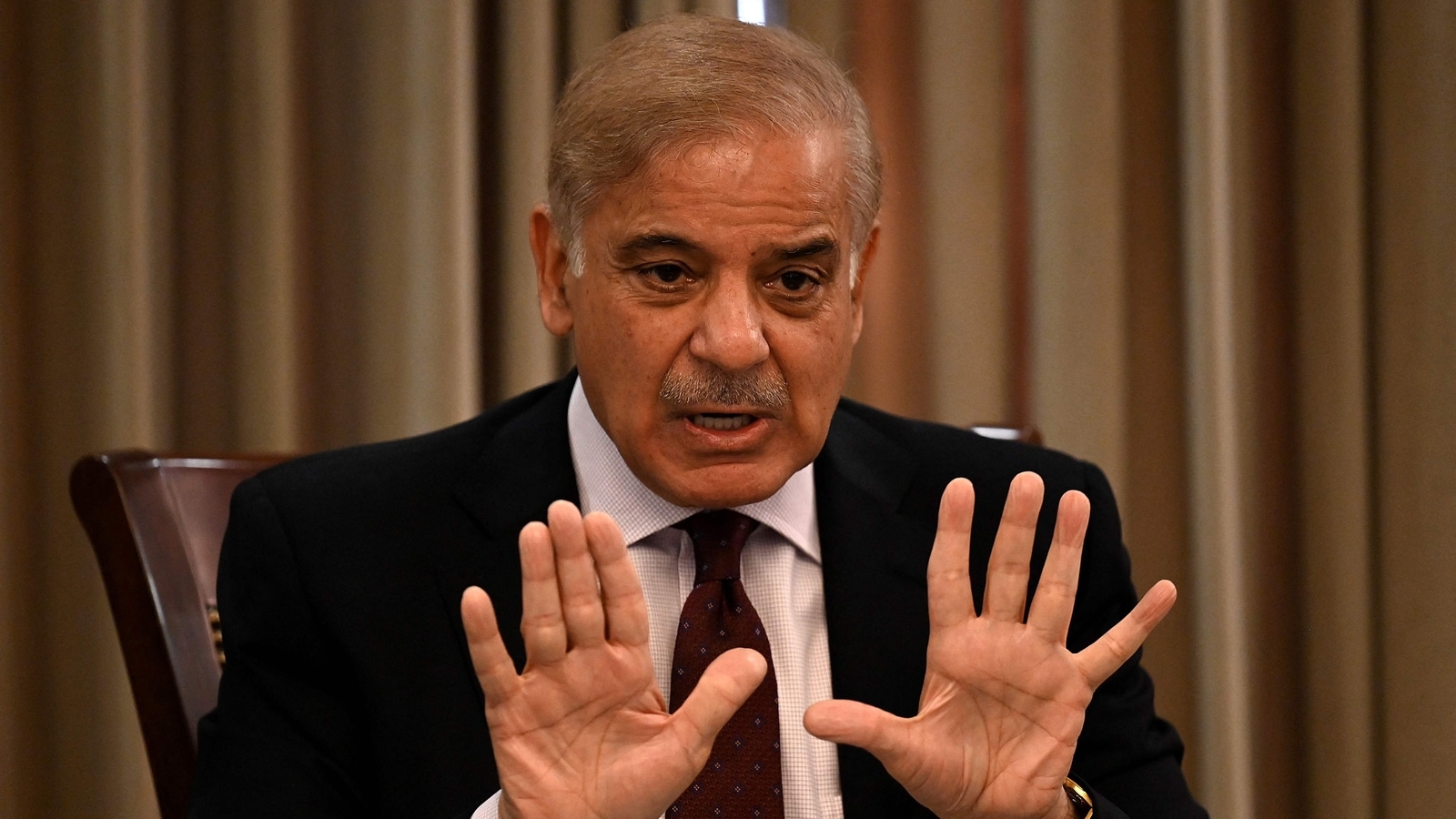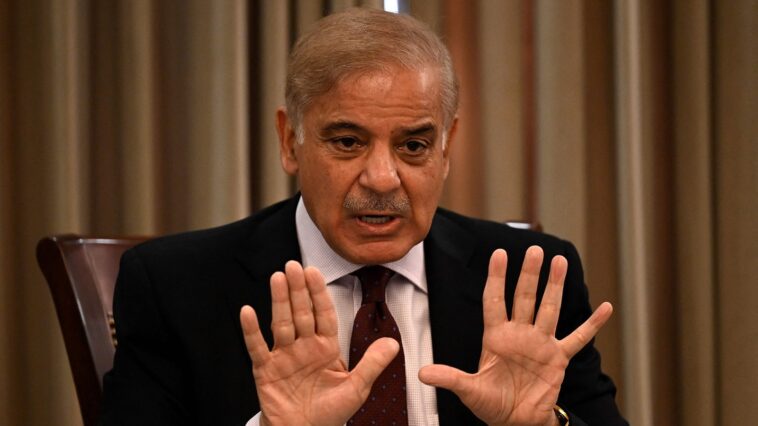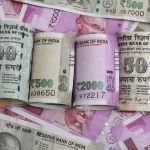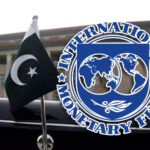Prime Minister Shehbaz Sharif needs money from the IMF

Prime Minister Shehbaz Sharif needs money from the IMF now more than ever as Pakistan descends into catastrophe due to a lack of currency and rising inflation.
By releasing its hold on the rupee and raising fuel prices, Pakistan has shown that it is finally making the unpopular choices necessary to obtain the $6.5 billion rescue programme from the International Monetary Fund.
According to the foreign exchange desk at AKD Securities Ltd., the rupee dropped as low as 270 to the dollar on Monday as authorities allowed the currency to be more dictated by the market, one of the requirements of the IMF for the loan. Prior to the IMF team’s visit on Tuesday for a loan review following months of delay over the next loan tranche, the government also raised gasoline prices to record levels during the course of the weekend.
The need for Prime Minister Shehbaz Sharif to obtain funding from the IMF is growing urgent as Pakistan descends further into disaster due to a lack of dollars and escalating inflation. Given that its reserves have fallen to $3.7 billion, or less than one month’s worth of imports, the nation urgently needs money.
Suleman Rafiq Maniya, head of advising at Vector Securities Pvt., claimed that Pakistan has become more serious about the IMF programme by making these choices despite the fact that it is an election year. “Everything depends on the IMF team’s visit and response. These actions are very costly politically and are hurtful.
Also read this:Jaishankar’s allusion to the Pandavas as “senior diplomats from Pakistan”
Currency Shock in Pakistan Is First Step Toward IMF Loan Recovery
Despite the fact that it would come at a political cost just months before the next round of elections, Sharif has stated that his coalition government is committed to finishing the bailout plan after a delay in enacting crucial decisions. The nation’s economic administrators, led by Finance Minister Ishaq Dar, have a challenging task ahead of them: they must persuade the IMF that the nation is prepared to enact other difficult measures, such boosting taxes and gas prices.
Greater pressure is being placed on frontier markets seeking IMF support to relax their currency controls, which will help them balance their current accounts. Egypt experienced its third devaluation this month in less than a year. According to calculations by Bloomberg Economics, the rupee should stabilise at 266 to the dollar, Mumbai-based economist Ankur Shukla wrote in a note on Monday.
The decision of money exchange companies to remove the cap on the dollar-rupee rate in the open market caused the rupee to fall this month in Pakistan. Locals flocked to the black market when the supply of dollars among onshore money-changing firms dried up since the dollar was being offered there for around 10% more than what was being advertised.




